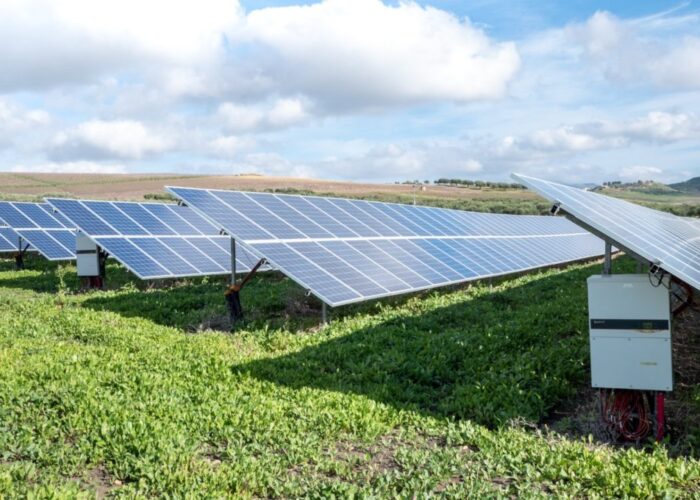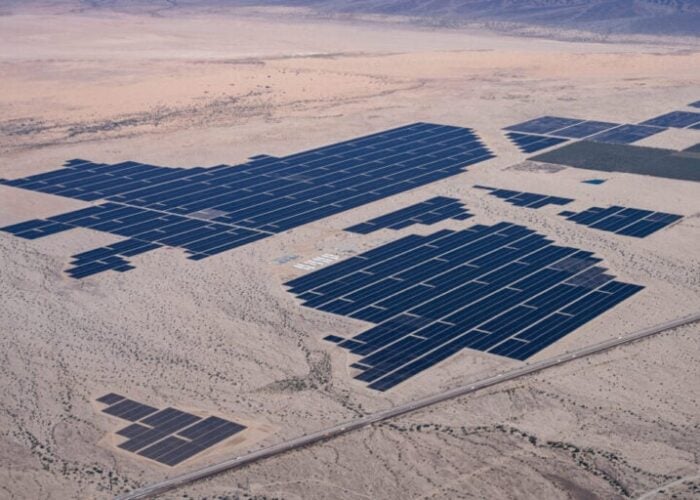Thin-film OPV firm, Dyesol is collaborating with Portuguese electrical engineering firm, EFACEC on a novel laser assisted, glass frit sealing technology for its solid-state DSC solar cells to provide 20-year plus sealing for its planned perovskite-based commercial PV products.
The low temperature, laser-assisted glass sealing technology was first developed by EFACEC and the University of Porto, which will be further developed to specifically meet Dyesol’s requirements.
Unlock unlimited access for 12 whole months of distinctive global analysis
Photovoltaics International is now included.
- Regular insight and analysis of the industry’s biggest developments
- In-depth interviews with the industry’s leading figures
- Unlimited digital access to the PV Tech Power journal catalogue
- Unlimited digital access to the Photovoltaics International journal catalogue
- Access to more than 1,000 technical papers
- Discounts on Solar Media’s portfolio of events, in-person and virtual
Dyesol said it would pay EFACEC €500,000 over a 15 month period and based on various development milestones. However, a further payment of €1.7 million over 24 months could be made by Dyesol on a successful development of the technology as well as a further €2.8 million payable as a royalty pending the commercialisation of the process in Dyesol’s proposed solar panels and modules.
The company reiterated that it was on schedule to produce demonstration prototype modules in 2016, leading to mass production in 2018.
The structured financial transaction could lead to total payout by the company of €5 million after which IP ownership would be transferred to Dyesol.
OPV materials such as perovskite’s are inherently susceptible to any moisture ingress and as such is a key area of development for the successful commercialisation of these products.
Ian Neal, Dyesol chairman commented: “Durability is the greatest technical challenge in the PV market. This proprietary sealing technology has the potential to deliver 20 year plus life to solid-state DSC products in multiple applications, including BIPV, and we are very excited about its commercial prospects.”







